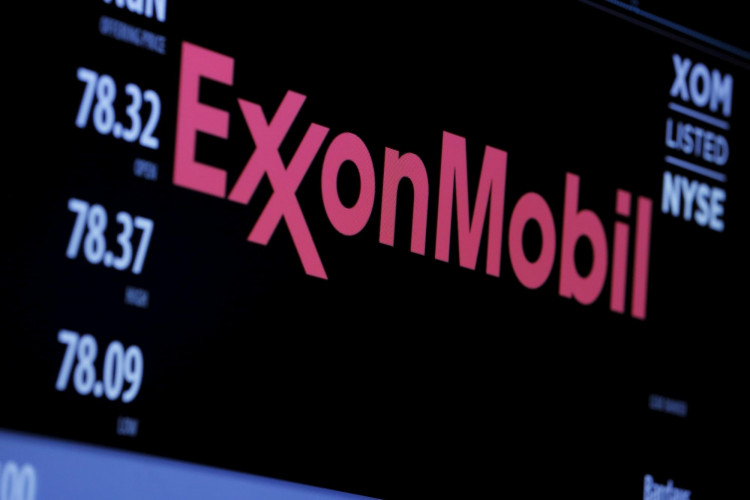Exxon Mobil Corp.'s latest forecast underscores a formidable challenge to global climate ambitions, projecting that oil and natural gas will continue to dominate the world's energy mix for decades. Despite the rapid expansion of renewable energy and the push towards net-zero carbon emissions, Exxon's report indicates that fossil fuels will still account for over 50% of the global energy market by 2050.
According to the report released on Monday, fossil fuels currently make up about 80% of the world's energy portfolio. Exxon's forecast suggests that this dominance will persist, with oil demand remaining above 100 million barrels per day through 2050. This projection is consistent with past trends and reflects a significant obstacle to achieving the Paris Agreement's climate targets.
Chris Birdsall, Exxon's director of economics and energy, emphasized the disparity between the company's forecast and the International Energy Agency's (IEA) Net Zero Emissions Scenario. "The IEA says, as do we, that the world is not on that pathway," Birdsall stated. He further warned that failing to align with this forecast could lead to unrealistic expectations about climate progress.
The IEA's scenario demands a dramatic reduction in oil consumption, projecting a need for a 75% drop to 24 million barrels per day by 2050 to limit global warming to 1.5 degrees Celsius above pre-industrial levels. However, Exxon's outlook suggests that oil demand will plateau and remain relatively stable, primarily due to its critical role in industrial processes beyond transportation.
Exxon's report reflects ongoing debates within the energy sector. The oil giant projects that even if every new car sold from 2035 onward were an electric vehicle, oil demand would only see a modest reduction, maintaining levels akin to those in 2010. This resilience in demand is attributed to the continued use of oil in manufacturing, chemical production, and heavy-duty transportation sectors.
The forecast comes amid growing concerns about the feasibility of reaching net-zero emissions. Although Exxon anticipates a 25% reduction in global greenhouse gas emissions by 2050, this decline may not be sufficient to counteract significant climate change impacts. Renewable energy sources, while expanding rapidly-with a 50% increase in global capacity in 2023 alone-are not yet poised to replace fossil fuels on a large scale.
Saudi Aramco CEO Amin Nasser has similarly criticized the notion of rapidly phasing out fossil fuels, calling it a "fantasy" in light of rising energy demands in emerging economies. This sentiment is echoed by Exxon, which stresses the necessity of continued investment in new oil and gas projects to avoid severe supply disruptions and economic fallout.
The company warns that halting investment in fossil fuel production could precipitate a catastrophic supply shock. Exxon estimates that without new projects, global oil supplies could plummet by more than 15 million barrels per day within the first year, leading to soaring energy prices and a potential economic crisis.
Environmentalists and policymakers may find Exxon's forecast troubling, as it challenges the viability of ambitious climate goals. Critics argue that such projections could undermine efforts to transition to a more sustainable energy system by reinforcing the status quo and protecting fossil fuel interests.
Despite these concerns, Exxon's forecast is grounded in what the company describes as a "realistic" assessment of current data and trends. Birdsall asserts the importance of confronting the realities of the energy market, warning against the dangers of overly optimistic climate narratives that could influence policy in ways that might be counterproductive.




